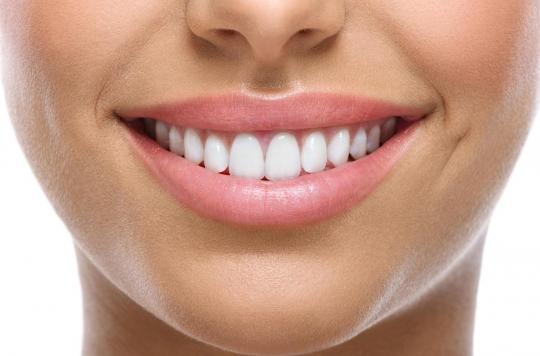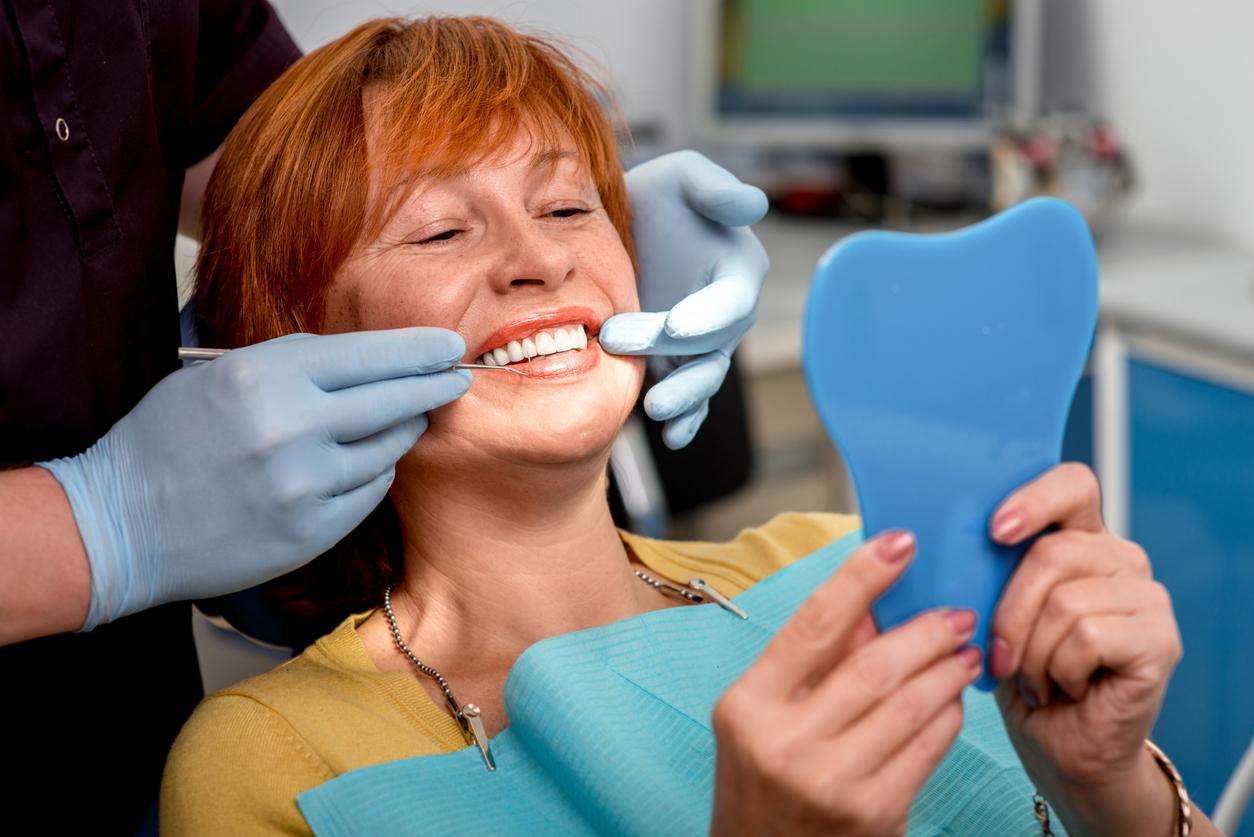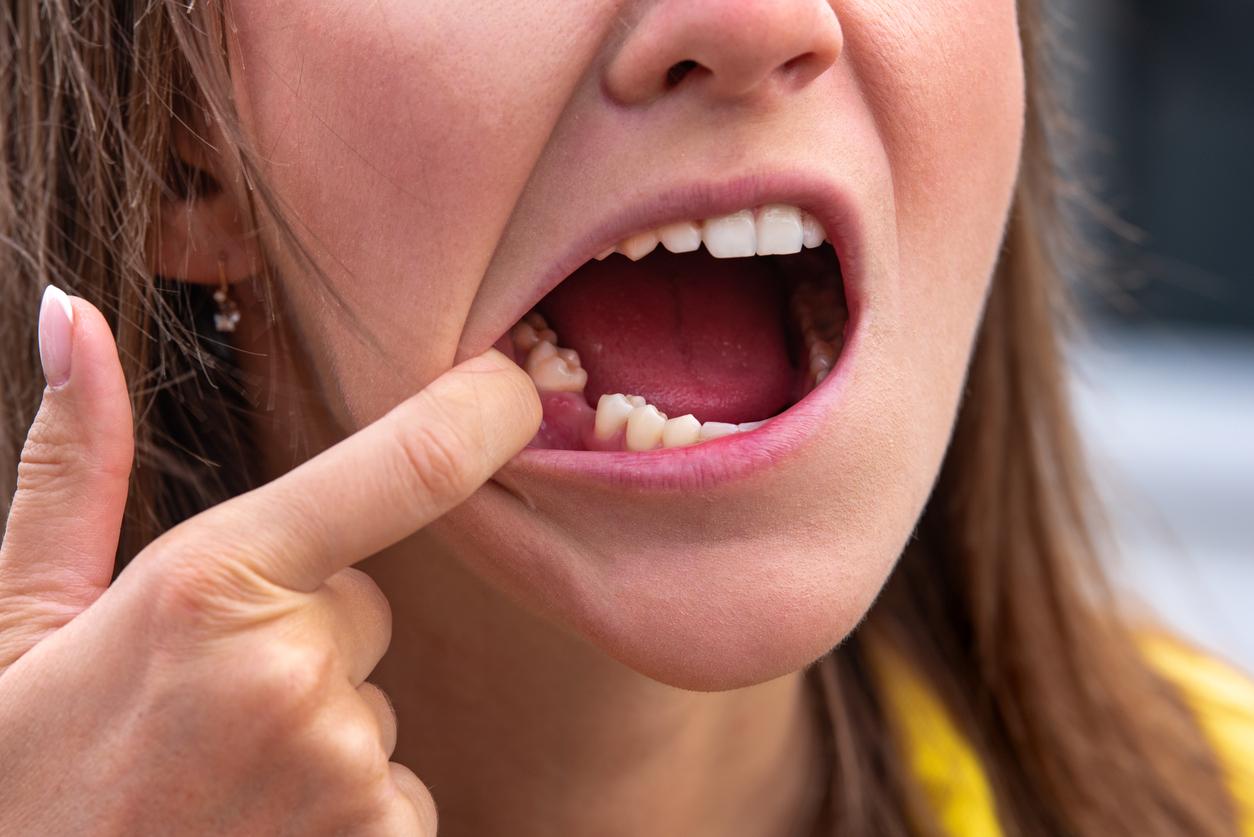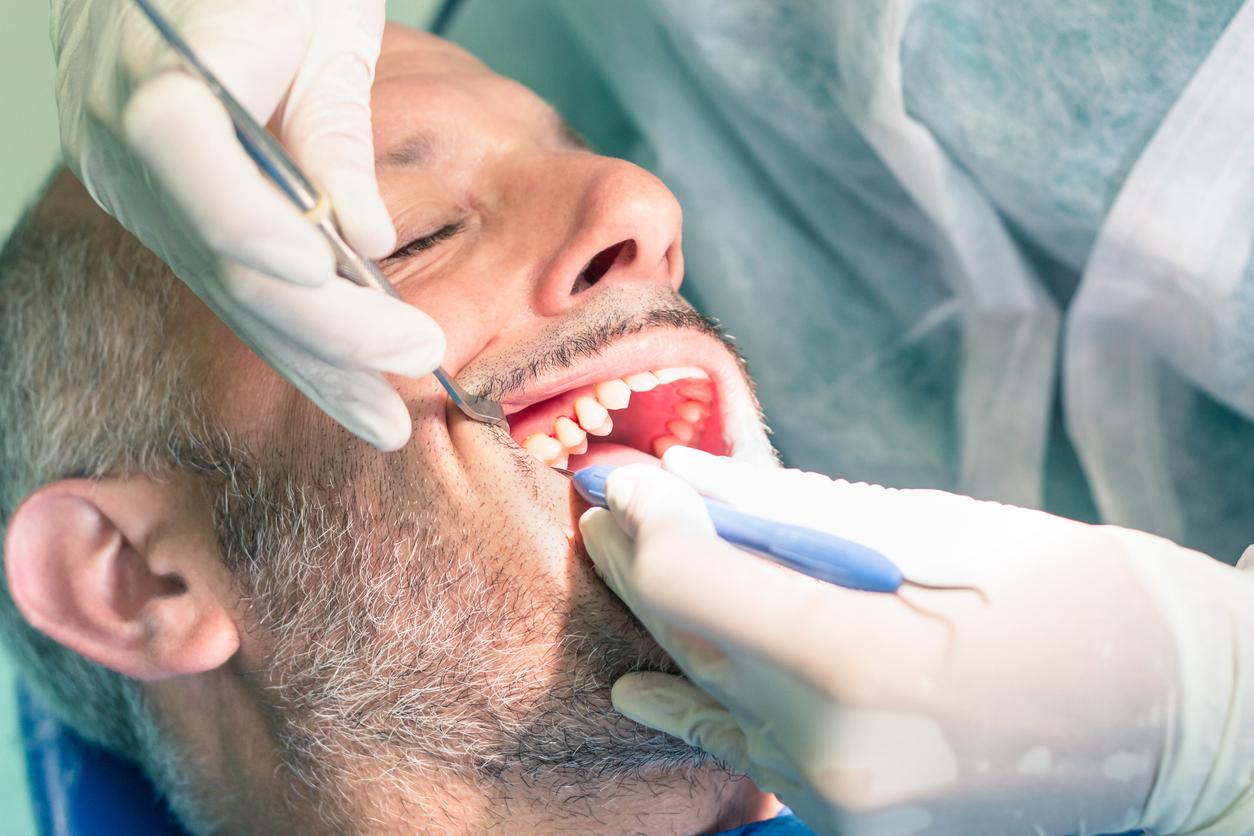The quality of a person’s dental care can affect their professional life.

- Over 5,000 recruiters were surveyed on the importance of teeth in gaining positions.
- Applicants who receive better dental care have more career opportunities.
- The general appearance of the teeth changes depending on the socio-economic level of a person; the more disadvantaged she is, the less she will consult a dentist.
Patients who receive better dental care have more opportunities and greater career success, according to a new study. To reach this conclusion, more than 5,000 recruiters were surveyed on the importance of teeth in obtaining positions, whether in sales, nursing or telemarketing.
“We wanted to know what value a healthy smile brings to candidates during the hiring process and to raise awareness of the influence of dental care on self-esteem”, say the authors of the research. They add : “NOTWe looked for evidence to examine the relationship between oral health and career opportunities. Socially disadvantaged and low-income people find it more difficult to access good dental care”and therefore to get good jobs.
Social interaction
In detail, here is what the various graphs of the study reveal:
– The smile is fundamental during social interaction in order to establish trust. Candidates who don’t smile due to low self-esteem can quickly come across as aloof and nervous.
– Socio-economic status affects a person’s dental care needs, with those from lower economic backgrounds having greater need for treatment. This group is also less satisfied with their dental appearance and visits a dentist less often.
– Dental health and income affect each other. This means that an improvement in socio-economic status has a positive effect on general dental health.
– The smile is more or less considered important depending on the profession.
Reduce bias
“It is not the aesthetics of the teeth, but the professional qualifications which should determine whether a candidate is hired for the position”recall the authors of the survey, who wish to reduce “the biases faced by applicants with poor dental health.”
.

















